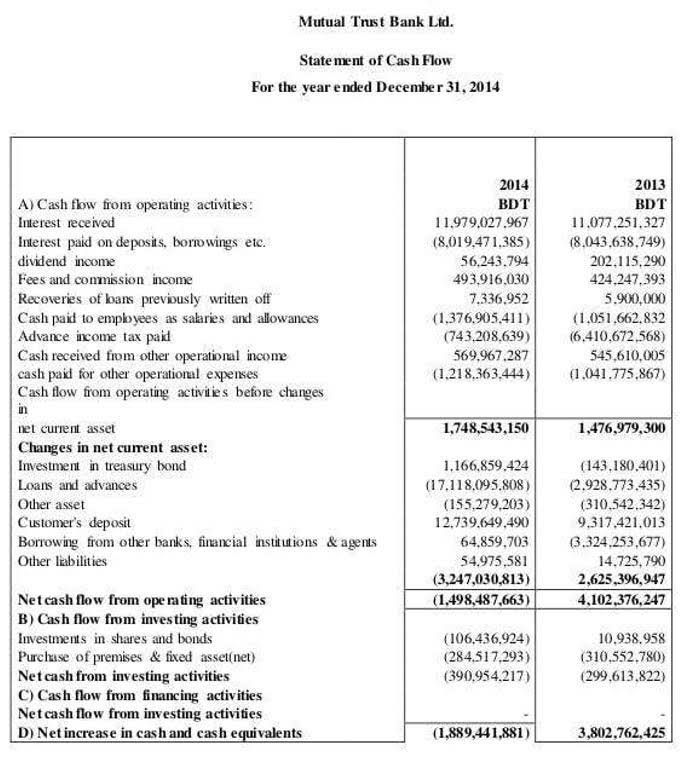
As the cannabis industry continues to grow and mature, regulatory bodies worldwide may update their laws and guidelines to accommodate this unique industry. A potential solution could be the adoption of specialized inventory management software designed for the https://www.bookstime.com/ cannabis industry. In the United States, the Internal Revenue Code Section 280E plays a significant role. This provision disallows deductions and credits for amounts paid or incurred in the trade or business of selling controlled substances, including cannabis.
Business Index
As Johnson told me, she doesn’t think the technology has reached a level where she could rely on it to apply a judicial decision to the particular facts of her case or to distinguish away a precedent. Artificial intelligence is great for litigators as a source of cases—and revenue. But it’s not quite there yet as an essential tool for litigators to use as they go about their work. Under Johnson, now entering her sixth year as chair, Latham’s litigation department has grown considerably. When we spoke in 2019, there were almost 800 lawyers, out of 2,800 at the entire firm. Columnist David Lat analyzes news, trends, and personalities shaping legal practice.
Issues Unique to the Cannabis Industry
- Robbins, who joined the firm from legal tech company Epiq, will help usher those projects from the test phase to broader rollouts.
- It is not easy to pay wages, insurance and taxes when you are working with an all-cash business.
- And by the way, we’re incredibly expensive to hire, because no one’s doing that.
- Current or prospective clients may avoid associating with a Certified Public Accounting firm who works in the cannabis industry because they worry that negative stigma may transfer to them (Hampel and Tracey 2016).
- With competitors breathing down their necks, people are hesitant to give away details on their plans.
Technological advancements are revolutionizing cannabis inventory accounting, increasing efficiency, accuracy, and compliance. In the practical applications of cannabis inventory accounting, real-world case studies highlight a range of challenges and solutions. Whether you’re a seasoned CFO or a newcomer to the industry, this guide offers vital insights to enhance your financial strategies, ensure compliance, and ultimately, cannabis accounting drive success in the burgeoning world of cannabis business. I’ve been preparing to mentor a much bigger audience in 2023 and have A LOT of knowledge to share around launching and growing your cannabis accounting practice. All ten of the CRBs had Certified Public Accountants that did their federal income tax filing. Five described their relationship with their Certified Public Accountant as being like an out-sourced CFO.

What is a dispensary chart of accounts, and why is it vital for cannabis businesses?

Nearly 25 million Baby Boomers will hit retirement age by 2030, according to federal population figures—a trend that will affect accounting as well as the US workforce more broadly. At the same time, entry-level accountants are also harder to find as graduation rates from accounting programs have tumbled 18% since their peak in 2016. Over the course of the paid program, trainees will rotate across roles tackling technical work such as revenue recognition or tracking the company’s lease portfolio of telecommunication towers and retail stores.
The cannabis industry operates under stringent regulations, with businesses often facing heavy scrutiny from financial and tax authorities. A well-structured COA can help navigate these complications, ensuring compliance and transparency in financial reporting. While the concept of a COA is universal across industries, the cannabis sector presents unique challenges and considerations. These include complex regulations, tax implications, and industry-specific factors, all necessitating a cannabis-specific COA.
- The regulatory landscape adds complexity to cannabis inventory accounting, necessitating careful navigation of international and national standards, along with industry-specific laws like the U.S. 280E.
- Regular updates can help you optimize tax advantages and keep your financial tracking efficient.
- The struggle to find time to network and nurture clients often competes with the demands on a female partner’s desk.
- GreenGrowth CPAs disclaims any and all liability and responsibility for any and all errors or omissions for the content contained on this site.
- Whether you’re a bookkeeper looking to find your niche or a cannabis enthusiast starting a business, it’s important to understand the differences between the recreational and medical marijuana industries.
While it’s crucial to break down some categories, like wages, into separate accounts by job title or position, other categories, like office supplies, can be kept broad. We anticipate shifts in the industry and adjust our strategies accordingly, ensuring your business stays ahead of the curve. These technologies can analyze large amounts of data to forecast demand, adjust pricing, and identify inefficiencies in the production and distribution processes. Blockchain technology is also playing a part, providing a secure and transparent way to track the entire lifecycle of cannabis products. FIFO assumes that the oldest inventory items are sold first, while LIFO presumes that the most recently acquired items are the first to be sold.
Give them a one-stop shop of solutions and guaranteed access to the express lane no matter how many items they have. So, is it in your best interest to refer clients to financial planners or wealth managers, when you could be providing this advice yourself? Law firms have been trying to develop strategies for how to invest in AI and where to deploy it to make their work more efficient.
- Richard Robbins is about a week into his role as Reed Smith’s first director of applied artificial intelligence, but—in a sign of how quickly the area is developing—there’s already a lot on his plate.
- Cannabis tax laws are complicated, and the IRS monitors cannabis businesses since marijuana is classified as a Schedule I substance.
- It withdrew the prohibition of federal funding for medical cannabis research and allowed doctors to discuss cannabis with their patients.
- This financial structure provides a strong foundation for easily managing and tracking your accounts, cash flow, and tax responsibilities.
- The study utilized the five steps of the data analysis process from Creswell and Creswell (2018).
